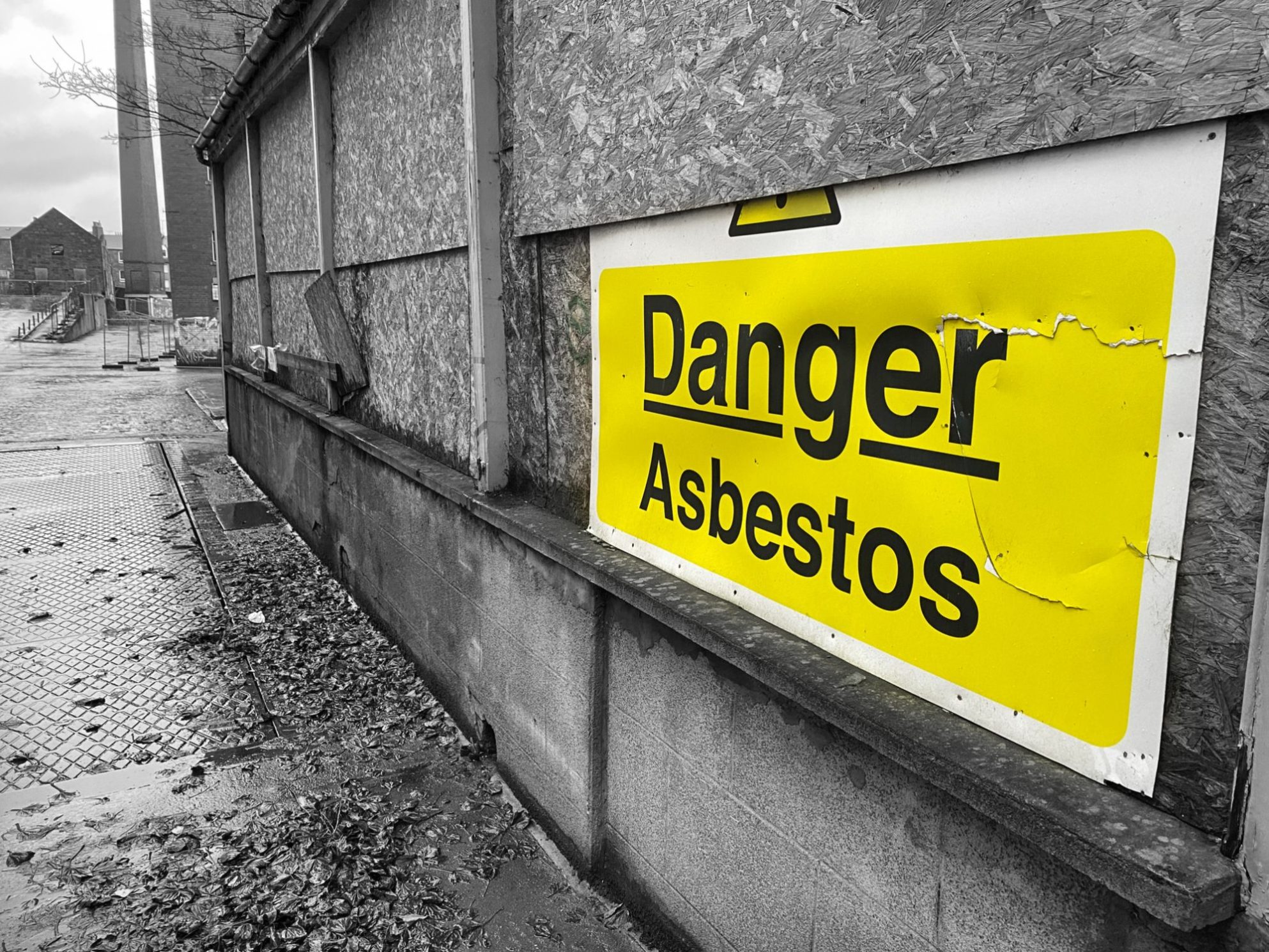
How powerful stories give asbestos victims and families a voice
A recent Tribune article by Tom White, Asbestos: The Neoliberal Poison, highlights how the UK’s decades-long failure to deal with asbestos has left a deadly legacy. Despite being banned in 1999, the material remains the leading cause of occupational deaths, with the Health and Safety Executive (HSE) estimating that around 5,000 people die every year from asbestos-related diseases.
According to the HSE’s most recent report on asbestos-related disease, there were 2,218 deaths from mesothelioma – a cancer that affects the lining of the lungs and is caused by asbestos exposure – in 2023, alongside an estimated 2,500 annual lung cancer deaths linked to past asbestos exposure.
White’s piece prompted reflection on some of the cases we have worked on. One such example was the tragic story of Jason Williams, a father from Ammanford who died, aged just 45, after being exposed to asbestos while working for Cap Gemini at Tata Steel in Port Talbot.
In 2021, we worked with Unite Legal Services and Thompsons Solicitors to mark the 22nd anniversary of the UK asbestos ban by sensitively sharing Jason’s story.
Jason was in his early twenties when the building he worked in underwent maintenance and refurbishment. Even after asbestos was identified and tented off, the sheeting used to contain it was poorly sealed, allowing fibres to escape into his workspace. Years later, he was diagnosed with peritoneal mesothelioma, a rare cancer of the abdominal lining caused by asbestos exposure.
His father, Roy, recalled: “Our family was aware of asbestos and the dangers it posed, but – like many – thought it was a problem from yesteryear. We could not believe that, decades after the asbestos ban came into force, Jason and his colleagues would be put in harm’s way like this.”
Jason’s story became a stark reminder that asbestos remains a clear and present danger. Despite being banned more than two decades ago, its deadly presence continues to claim lives – a reality we helped bring to media attention through sensitive storytelling.
As a communication agency that works with law firms and trade unions, we’ve seen first-hand the devastating human cost of asbestos exposure. By sharing personal stories, marking key milestones and running witness appeals, we’ve helped victims and their families to secure compensation for the harms caused and contributed to ensuring that asbestos remains part of the national conversation – not just a tragedy of the past.
As White notes, asbestos’s persistence is not just a technical problem but a political and social one – the result of decades of underfunding and complacency. At Freshwater, we believe communication can help bridge the gap between awareness and accountability. By amplifying the voices of victims, their families and their representatives, we can play our part in driving public understanding and action – reminding employers, regulators and policymakers that while asbestos may be banned, its devastating impact is far from over.
